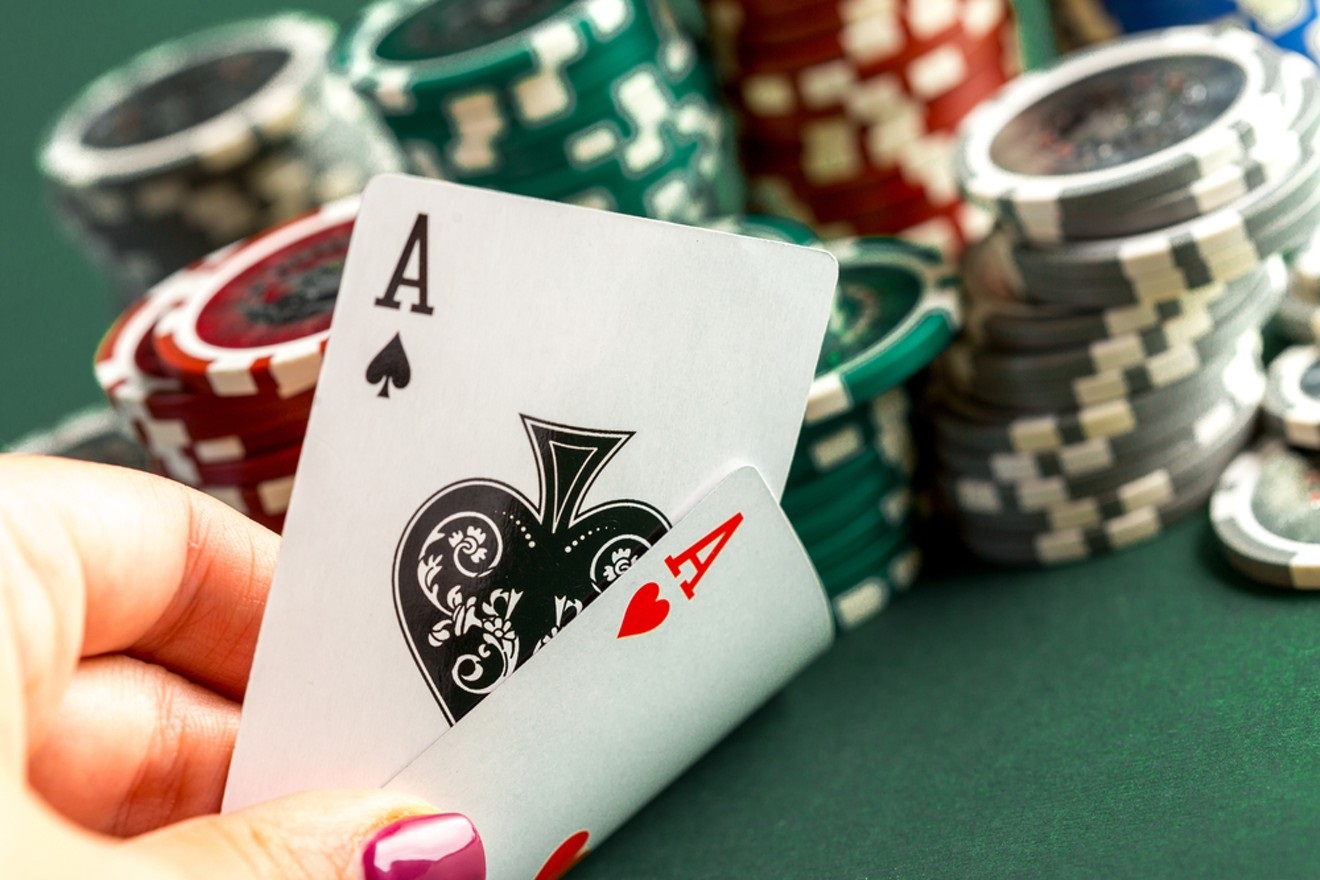Online poker operates on fundamentally different mathematical principles than traditional casino games, creating superior odds for players. At the same time, casino games feature built-in house edges that guarantee venue profits, and poker functions as player-versus-player competition with minimal operator involvement. This structural difference eliminates the predetermined disadvantage that makes casino games mathematically unfavourable over time, creating genuine opportunities for skilled players to achieve consistent profits. Experienced players frequently notice this advantage when participating in competitive environments. Patterns in poker club singapore sessions often highlight the difference between calculated moves and luck-based play.
House edge differences
- Casino games incorporate mathematical advantages that ensure operator profitability regardless of short-term player wins. Blackjack carries a 0.5% house edge, roulette ranges from 2.7% to 5.26%, and slot machines often exceed 5% house advantage. These percentages represent guaranteed long-term losses for players.
- Poker eliminates house edges since players compete against each other rather than the venue. Operators collect small rake percentages from each pot, typically 2.5% to 5%, but this fee comes from the total pot rather than individual player funds. The absence of predetermined mathematical disadvantages creates fair competition where skill determines outcomes.
Player vs Player
Traditional casino games pit individual players against the house, creating zero-sum scenarios where venue profits require player losses. This adversarial relationship makes sustained profitability impossible for players since the mathematical structure favours operators.
Poker operates as a player competition where venues facilitate games without participating in outcomes. Consider these competitive advantages:
- Winners receive funds directly from other players, not house money
- Weak players subsidize stronger opponents through poor decisions
- Skill gaps create consistent profit opportunities for better players
- No mathematical ceiling limits potential winnings from improved play
The peer-to-peer structure means skilled players can indefinitely extract value from weaker opponents, creating sustainable profit models impossible in house-banked games.
Skill influences outcomes
- Random number generators or predetermined odds determine the outcome of casino games. Even games requiring some decision-making, like blackjack, still favour the house through structural rules and payout limitations.
- Poker rewards develop abilities through multiple decision points per hand. Card selection, betting patterns, position play, and opponent analysis influence final results. These skills compound over time, creating measurable advantages that translate into consistent profits for dedicated players.
Rake vs Margins
Casino game margins represent pure profit extracted from losing players, with no corresponding value provided beyond entertainment. These margins increase as players continue gambling, creating inevitable losses for all participants.
Poker rake is a service fee for game facilitation rather than profit extraction from player losses. Standard rake structures include:
- Percentage-based collection from each pot, typically capped at maximum amounts
- Tournament entry fees covering organization and prize pool guarantees
- Time-based charges in certain high-stakes cash games
- Reduced rates for higher-volume players through loyalty programs
The service-based model means rake represents fair compensation for game hosting rather than mathematical exploitation of players.
Return rate comparisons
- Casino games feature fixed return-to-player percentages that cannot improve regardless of player skill or experience. Even the most favourable casino games rarely exceed 99% theoretical returns, guaranteeing losses over sufficient play volume.
- Skilled poker players routinely achieve favourable return rates exceeding 100% of their investment through superior decision-making and opponent exploitation. These returns have no mathematical ceiling since they depend on skill differentials rather than predetermined algorithms.
The mathematical foundation separating poker from casino games creates genuine profit opportunities through competitive player-versus-player structures rather than house-banked disadvantages. Smart players recognize that games requiring skill development offer superior long-term prospects compared to random-outcome alternatives. This competitive advantage makes poker the logical choice for anyone seeking favourable odds in their gaming pursuits.

